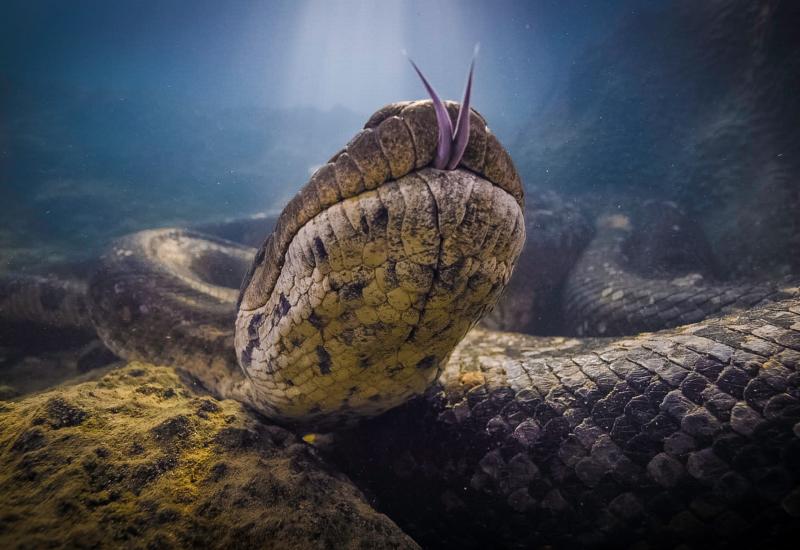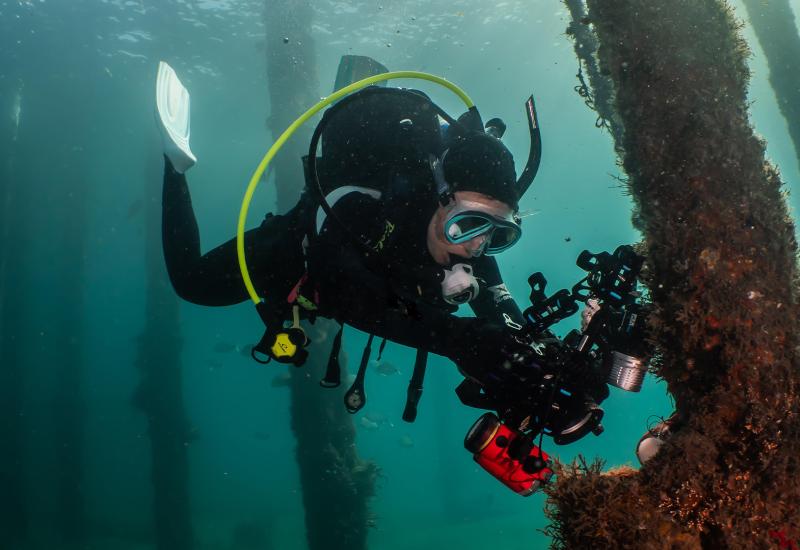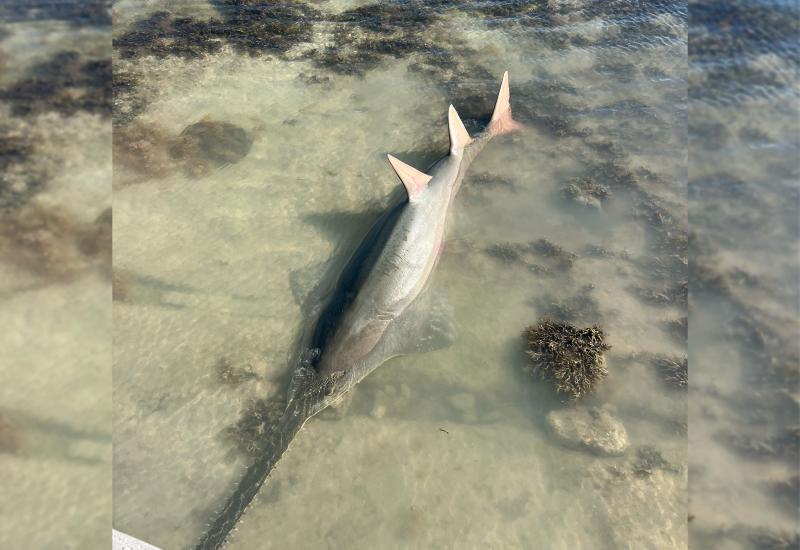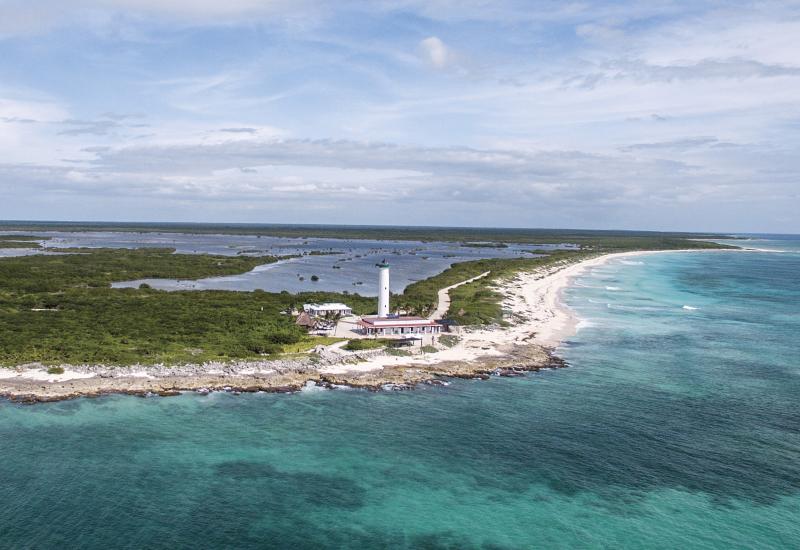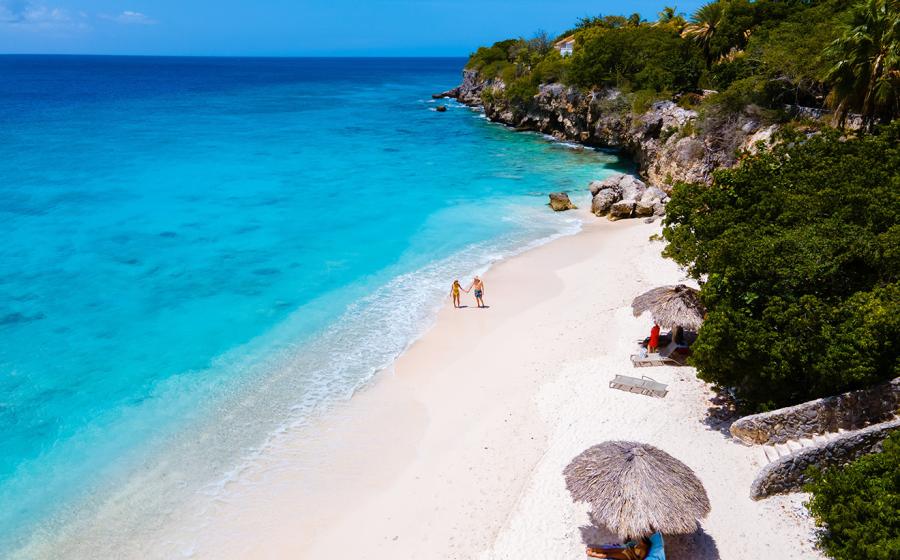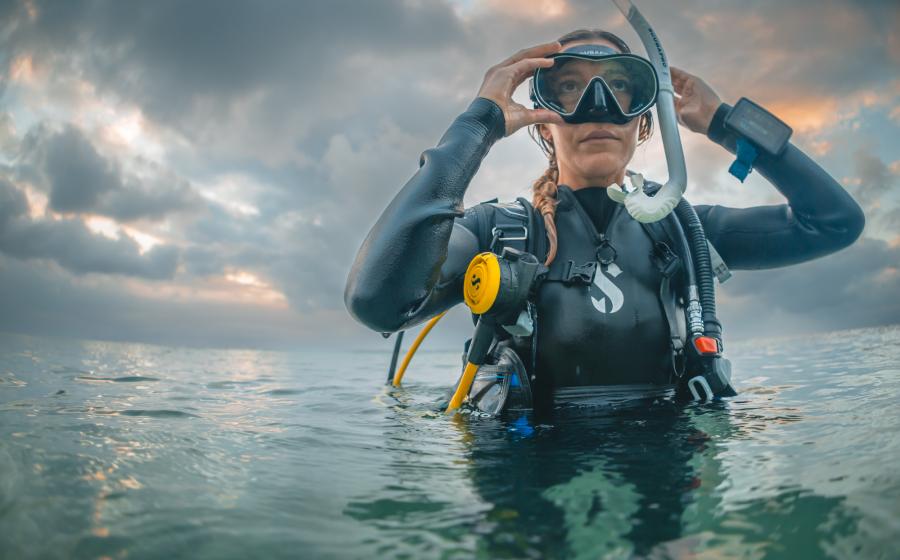More Hawaii-Locals Are Getting Scuba Certified Than Before Pandemic
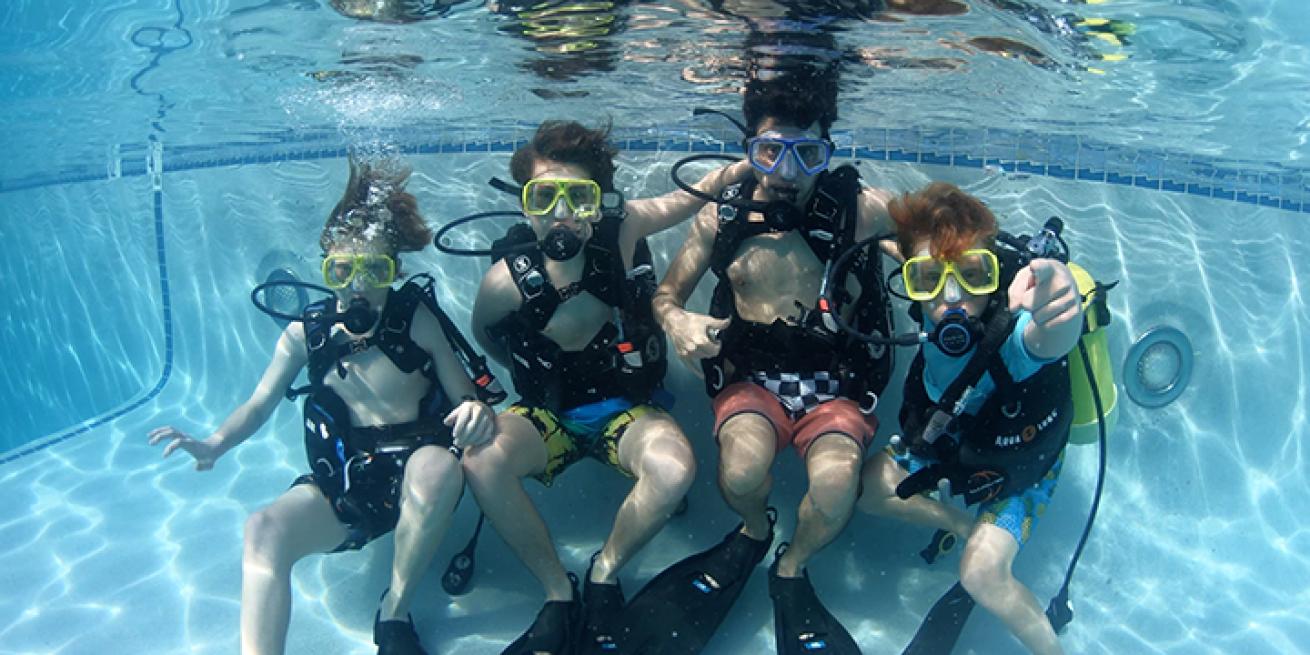
Courtesy Jack's Diving LockerParticipants in a Jack's Diving Locker camp train in a pool.
Scuba diving has helped Justin Tucker through one difficulty after another. A veteran initially from Texas, diving in Hawaii soothes his PTSD and, over the last year, provided a way to reconnect with his son, who had spent much of his childhood with his mother, Tucker’s ex-wife.
When COVID hit, the Aloha Scuba Diving Company owner felt called to help his neighbors through this difficult time the best way he knew how: getting them in the water.
“I see what diving has done for me and done for my family,” Tucker says. “And I think everybody deserves to have that opportunity to do it.”
He rolled out a two-tank dive package for $70, his “COVID special,” which flew off the shelves. And his advertising campaign for a $375 open water certification — slogan, “Let's get off the couch. Let's get in the water.” — brought droves through the door.
“It was just about taking care of the dive community,” he says. “None of us really had any money anyway, so I made it as affordable as possible.”
Getting divers in the water helped generate a state-wide trend: Homebound, more Hawaii residents got certified in the second half of 2020 than in the last six months of 2019.
Certifications at Aloha Scuba shot up 120 percent overall in that time, and 83 people got open water certified compared to 27 the year before. Those were all locals, Tucker says, as tourism was hardly open. Tucker and Teri Leicher, co-owner of Jack’s Diving Locker, say they’ve seen the trend continue into early 2021.
The community response was so strong, Aloha Scuba expanded unexpectedly during the pandemic, buying a second boat and opening a second location.
“This wasn't just one or two-sies that we were getting from the military bases,” says Tucker. "It made it possible for a whole family to get certified.”
Meeklin, Iwona, and their 14-year-old son Daniel Jeanbaptiste were one of the families that came in last fall. The family moved to Hawaii two years ago when the Army reassigned Meeklin from Germany, and Daniel was keen to get certified after a one-hour try dive at the Disney Resort.
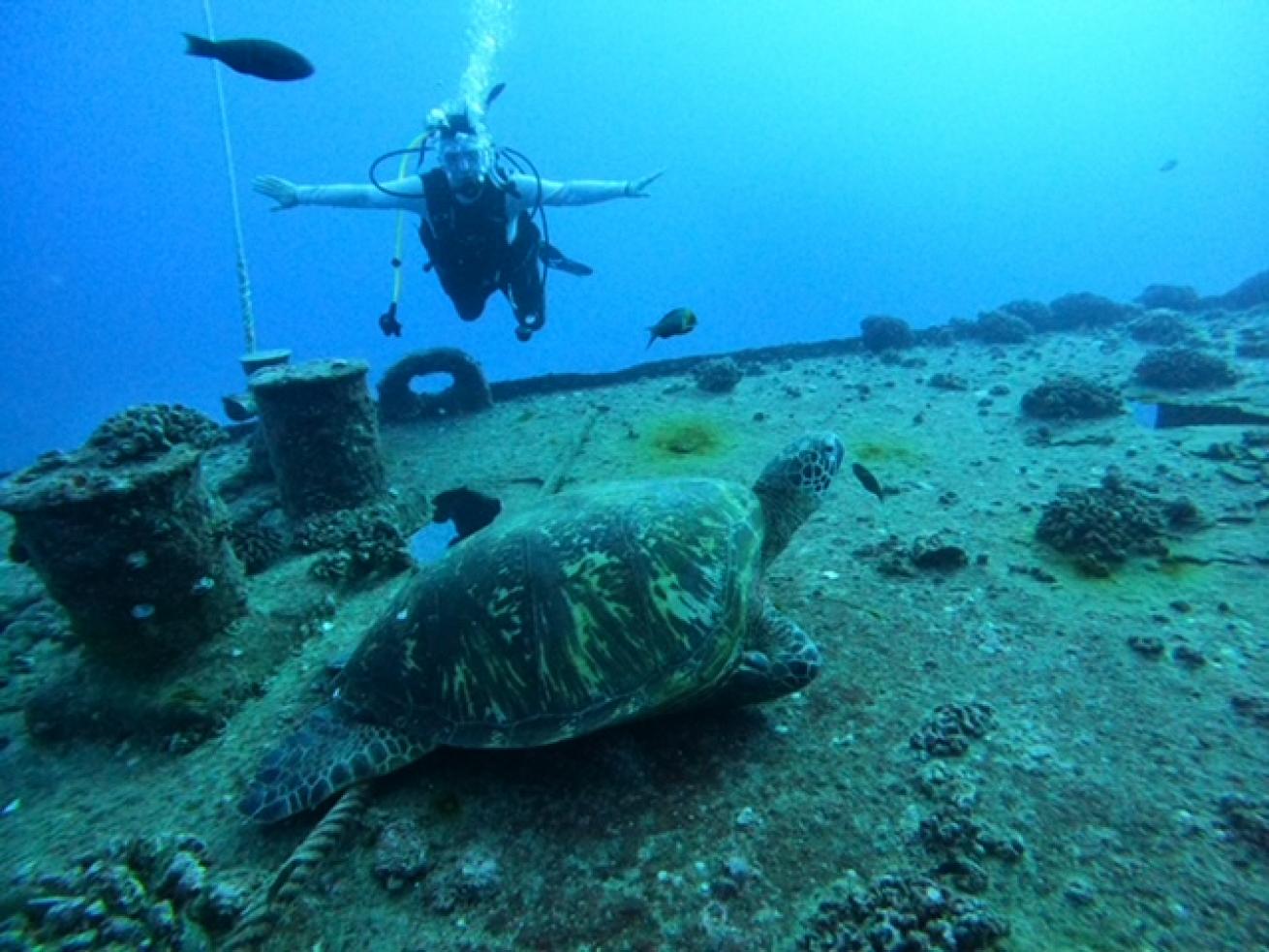
Courtesy ImageIwona Jeanbaptiste hovers near a wreck during the family's Advanced Scuba certification.
“And my wife was like, okay, why not do it as a family?” says Meeklin. The COVID special caught their attention, and “it was a really great experience” getting multiple family members certified at once. “It definitely gives us an opportunity to experience what's there on the island to do while still following all the measures that were in place.”
They went on to get their advanced certification and are eyeing the shop’s fun dives for the next adventure.
Over on the Big Island, Jack’s Diving Locker also certified more divers in the second half of the year thanks to droves of young divers. In partnership with the Nakoa Foundation and funded with COVID relief monies, the shop ran a dive camp for more than 230 kids throughout the summer and fall, where many got scuba certified.
As the world takes halting steps back to normality, these Hawaiian shopkeepers look forward to welcoming the pandemic divers into the broader dive community.
“We have one young lady in particular…[She] did several camps, and she is now actually in our beta test for a Junior Dive Master program — and we just hired her,” says Leicher.
Back at Aloha Scuba on Oahu, Tucker hired a new divemaster that will take the lead on engaging their new and returning club members in beach clean ups and BBQs.
“It's family. I want my employees to feel, and our divers, even people that don't live here — when they leave our shop, and they leave our boat, I want them to feel like they're leaving their house,” he says. “Not everybody's gonna have it, but I want them to. We do our best to make sure that happens.”

